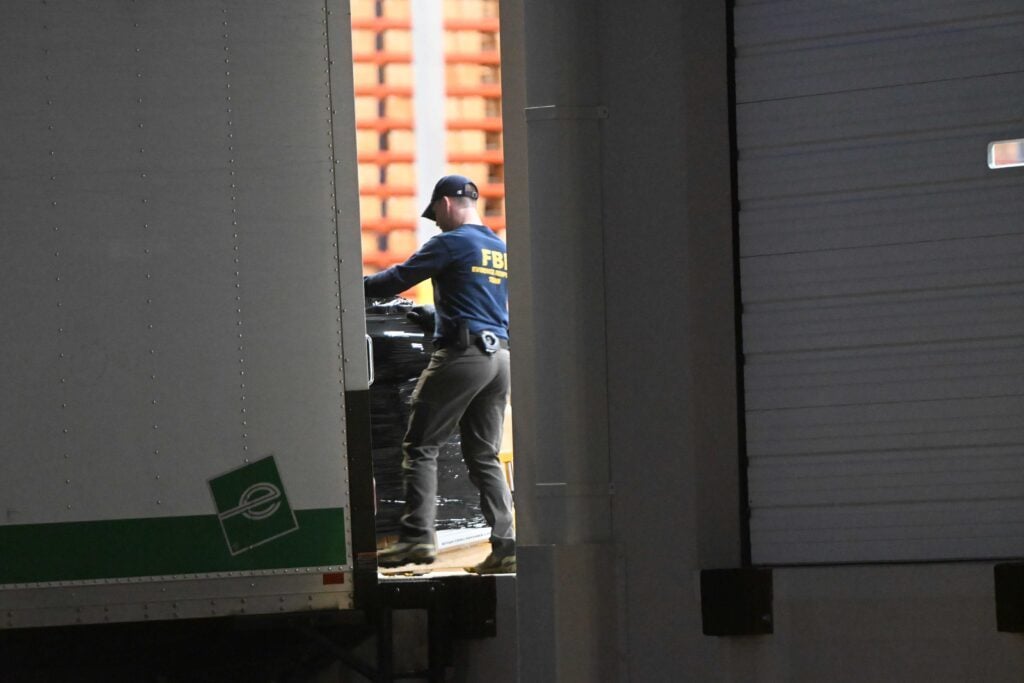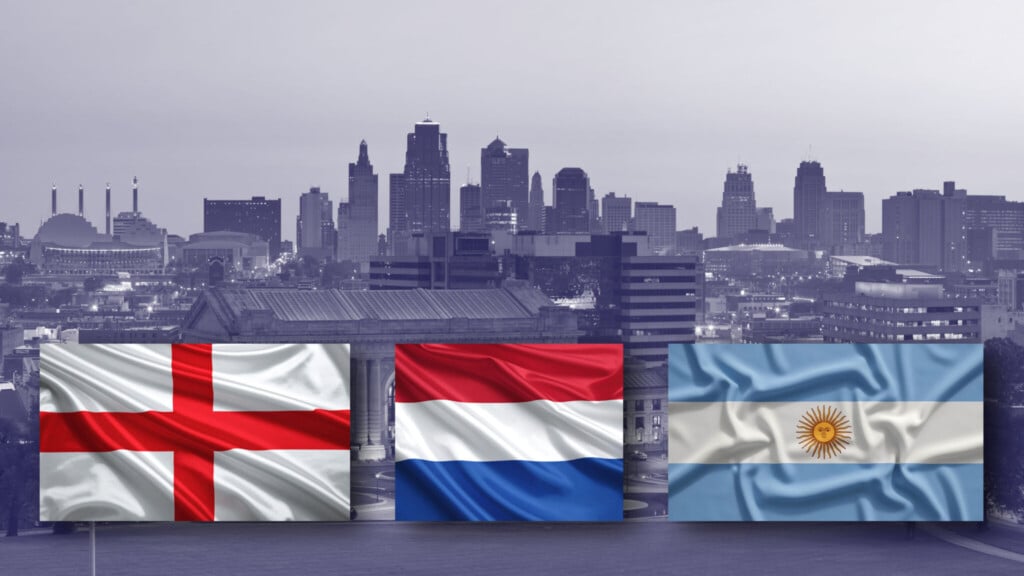Get Thee to a Monastery
“Get thee to a nunnery!” Hamlet shouted at Ophelia in Shakespeare’s day. Times haven’t changed that much for William Claassen, a journalist and self-proclaimed “nomadic pilgrim,” who tells people to “Get thee to a monastery.”
He’s speaking from personal experience. The 52-year-old author of Alone in Community: Journeys Into Monastic Life Around the World spent nearly three years traveling to monastic communities in Spain, Greece, France, Egypt, Turkey, Japan, Thailand and India. Stories and photographs he collected on his travels became the basis of his book, a fascinating look into societies that long have been closed to outsiders but are attracting new members and perpetuating a vanishing way of life.
Consider Mount Athos, the Greek island or “holy mountain” occupied completely by monastic communities of the Eastern Orthodox faith. Claassen discovered that for the first time in decades, young men — especially from the United States and Canada — were joining the declining religious order. “Many of these monasteries are opening up to the outside world after centuries of closing themselves off,” he explains. “It’s one way to recruit new members. And people are joining them for many reasons: as a way of reclaiming their roots, because of their frustrations with the secular world, because they desire to live in a community.”
Claassen, a traveler who makes his home in Columbia, Missouri, once considered joining a monastery himself but decided he “didn’t have the discipline or the devotion to a single faith.” His journey did lead him from Newton, Kansas, to New York City, where he lived as a struggling actor, then to the Peace Corps, where he was trained as a water technician in Kenya. He worked on a kibbutz in Israel, returned to graduate school, then turned to writing as a career.
With a passport and a 45-pound backpack stuffed with the barest essentials, Claassen traveled around the world, knocking on the doors of monasteries that he either had contacted in advance or hoped would be friendly enough to invite him in.
“Almost every place I visited was quite hospitable,” he says, although he learned some valuable lessons along the way. By walking into the kitchen of the Shankara Math refectory in India, Claassen unwittingly “polluted the kitchen” with his presence. “The kitchen is a very sacred place, and only the most trusted members of the community may work there,” Claassen says. “By walking in as an outsider, I polluted both the room and the food being prepared there. A punjari had to come in and purify the space.”
Such blunders, which included whistling in one monastery and crossing his legs in another, caused him embarrassment at times but taught him “to be patient, to live in the moment and to remember that in the places I visited, I was a guest — a temporary guest. I could not expect to participate or push my way into places.”




